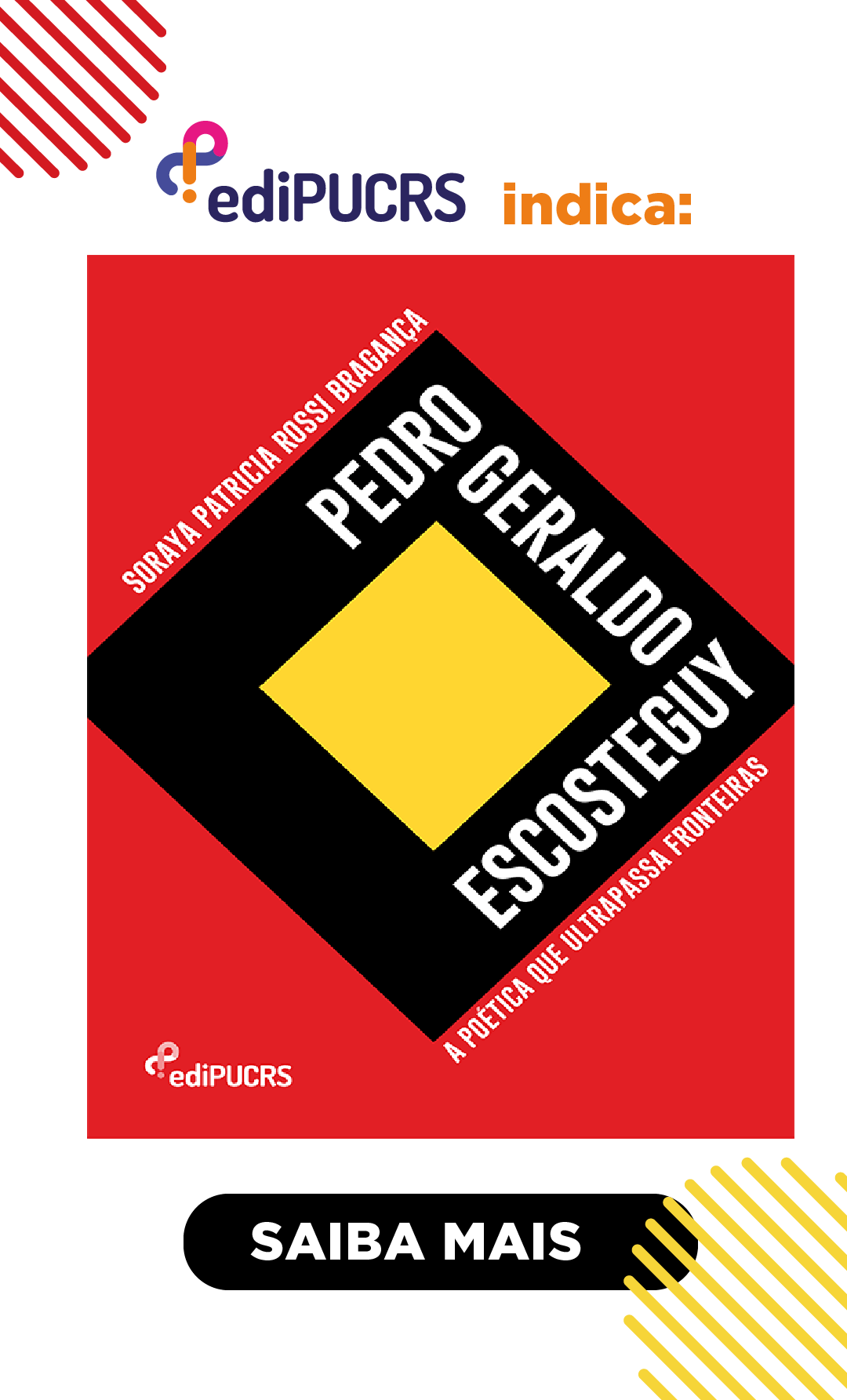Desmascaramento do mundo colonial moçambicano em As visitas do Dr. Valdez, de João Paulo Borges Coelho
DOI:
https://doi.org/10.15448/1983-4276.2014.2.21052Keywords:
Romance moçambicano, História colonial, Riso paródicoAbstract
O presente trabalho investiga o romance As visitas do Dr. Valdez, de João Paulo Borges Coelho, considerando alguns conceitos de Mikhail Bakhtin. A obra traz múltiplos aspectos da vida colonial em Moçambique durante o século XX. Para reconstituir tal período, o autor recorre a diferentes estratagemas e categorias, dialogando com o passado e o presente através de um narrador onisciente. A violência cultural e política estão presentes através do mascaramento identitário. A noção de superioridade e inferioridade – cultural, econômica e racial – é a principal chave de leitura, uma vez que esta traduz a constituição do regime colonialista. Nesse sentido, o narrador expõe com precisão e rigor o funcionamento daquela estrutura, utilizando-se do recurso paródico-carnavalesco para discutir as questões da opressão colonial.
************************************************************************************************************************************************************************************************************
The unmasking of the Mozambican colonial world in As visitas do Dr. Valdez,
by João Paulo Borges Coelho
Abstract: This study examines the novel As visitas do Dr. Valdez (The visits of Dr. Valdez), by João Paulo Borges Coelho, drawing on some concepts of Mikhail Bakhtin. The novel includes various aspects of colonial life in Mozambique during the twentieth century. In order to reconstruct this period, the author uses different schemes and categories by dialoguing with the past and present through an omniscient narrator. The cultural and political violence are present through the masking of identity. The notion of superiority and inferiority – cultural, racial and economic ones – is the main key to reading, since it reflects the establishment of colonialist regime. In this sense, the narrator exposes accurately and precisely the functioning of that structure, using the parodic-carnivalesque resource to discuss the issues of colonial oppression.
Keywords: Mozambique novel; Colonial History; Parodic laughter
Downloads
References
BHABHA, Homi. O local da cultura. Belo Horizonte: UFMG, 1998.
BAKHTIN, Mikhail. Questões de estética e de literatura. São Paulo: Hucitec, 1998.
CABAÇO, José Luís. Moçambique: identidade, colonialismo e libertação. São Paulo: Unesp, 2009.
COELHO, João Paulo Borges. As visitas do Dr. Valdez. Lisboa: Caminho, 2004.
FANON, F. Pele negra, máscaras brancas. Salvador: EDUFBA, 2008.
JORGE, Sílvio Renato. Para ampliar o campo do debate: releituras do colonialismo português em João Paulo Borges Coelho e outros autores. Revista Via Atlântica: estudos comparados de literatura de língua portuguesa, n. 16, 2009.
RICOEUR, Paul. A memória, a história, o esquecimento. Campinas; SP: Unicamp, 2007.
SAID, Edward. Cultura e imperialismo. São Paulo: Companhia das Letras, 1999.
SECCO, Carmen Tindó. Metamorfoses: Revista da Cátedra Jorge de Senna para Estudos Literários Luso-Afro-Brasileiros da Faculdade de Letras da Universidade Federal do Rio de Janeiro. (UFRJ), v. 10, n. 1, 2010.
Downloads
Published
How to Cite
Issue
Section
License
Copyright
The submission of originals to Navegações implies the transfer by the authors of the right for publication. Authors retain copyright and grant the journal right of first publication. If the authors wish to include the same data into another publication, they must cite Navegações as the site of original publication.
Creative Commons License
Except where otherwise specified, material published in this journal is licensed under a Creative Commons Attribution 4.0 International license, which allows unrestricted use, distribution and reproduction in any medium, provided the original publication is correctly cited.





